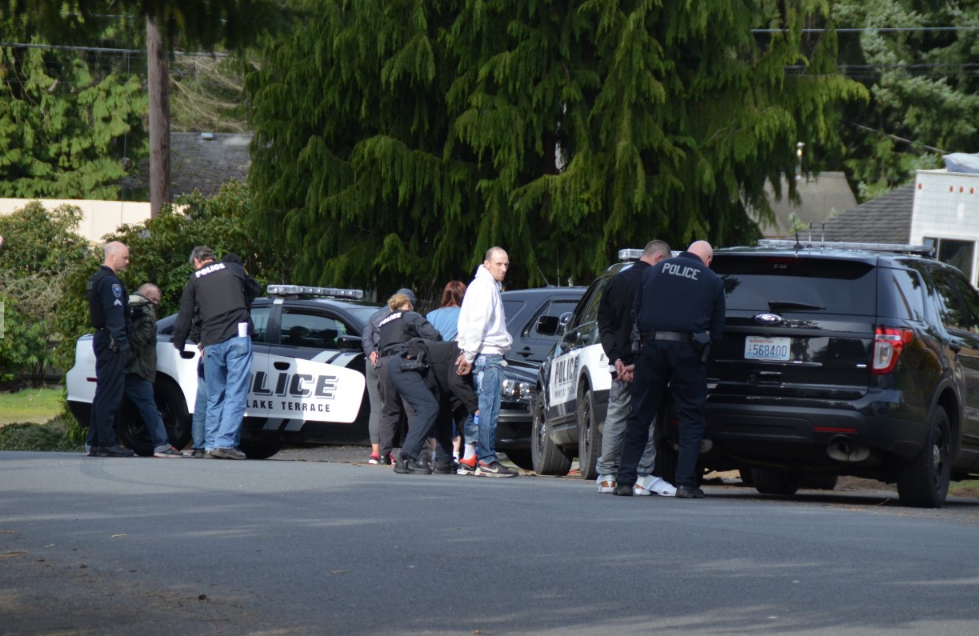In the realm of criminal investigations, obtaining a search warrant is a crucial step for law enforcement agencies. The process involves legal procedures and considerations that influence the time it takes to acquire such warrants. Understanding this timeline is essential for both law enforcement officials and individuals affected by the issuance of a search warrant.
The Initial Steps (0-24 Hours)
When law enforcement officials suspect criminal activity and believe that a search warrant is necessary, the process typically begins with gathering evidence and establishing probable cause. This initial phase can vary widely in duration, often taking anywhere from a few hours to a full day. It involves gathering information, conducting interviews, and building a case that supports the need for a search warrant.
Drafting the Affidavit (1-3 Days)
Once enough evidence is compiled, the next step is drafting an affidavit. This is a sworn statement that outlines the facts and circumstances justifying the need for a search warrant. The drafting process can take one to three days, as it requires careful consideration and adherence to legal standards to ensure the affidavit is robust and legally sound.
Judicial Review (1-7 Days)
After the affidavit is prepared, it is submitted to a judge for review. The judge assesses the information provided and evaluates whether there is sufficient probable cause to issue a search warrant. This judicial review process can take anywhere from one to seven days, depending on the court’s schedule and workload. In some cases, judges may expedite the process for urgent matters.
Executing the Search Warrant (Immediate to 10 Days)
Once the search warrant is approved, law enforcement can execute it immediately or within a reasonable timeframe. The urgency of execution depends on the nature of the investigation and the potential risk of evidence being compromised. In some cases, raids are conducted swiftly, while others may involve a more strategic approach, taking up to 10 days for execution.
Common Questions About Search Warrant Timelines
1. Can the issuance of a search warrant be expedited in emergencies? Yes, in emergencies, judges may expedite the review process to ensure the timely acquisition of a search warrant.
2. What happens if law enforcement executes a search warrant without proper authorization? Executing a search without proper authorization can lead to legal consequences, including the exclusion of evidence and potential civil liabilities.
3. Can a search warrant be challenged after its execution? Yes, individuals can challenge the validity of a search warrant after execution, arguing issues such as lack of probable cause or procedural errors.
4. Is there a specific time of day when search warrants are executed? While search warrants can be executed at any time, law enforcement typically chooses a reasonable hour unless urgency or the nature of the investigation requires immediate action.
5. Are there situations where a search warrant is not required? Yes, there are exceptions, such as consent searches, exigent circumstances, or instances where evidence is in plain view.
Conclusion
The timeline for obtaining a search warrant involves several critical steps, from the initial gathering of evidence to judicial review and execution. The duration can vary based on the complexity of the case, judicial availability, and the urgency of the investigation. Understanding this process is vital for both law enforcement and individuals involved in legal proceedings, as it ensures a balance between the need for effective criminal investigations and the protection of individuals’ rights.

